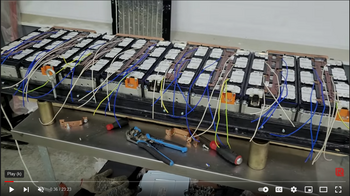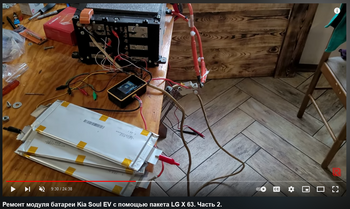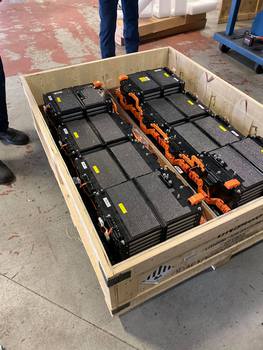BlackButee46
New member
- Joined
- Mar 9, 2022
- Messages
- 4
Hi everyone. I am new to this forum. I have 360VDC battery pack from a 2015 KIA Soul EV. I noticed on the last charge to 400VDC, there was a strong smell of nail polish remover. I did some reading and looked at my BMS to see that one cell was at 0.86V while all the others were between 3.96V and 4.02V. In reading this forum, it looks possible to simply replace individual cells. I am looking for more information on how to replace individual cells in the pack. Where can you buy individual cells? What recalibration is needed when replacing a single cell? What other items need to be done?



































